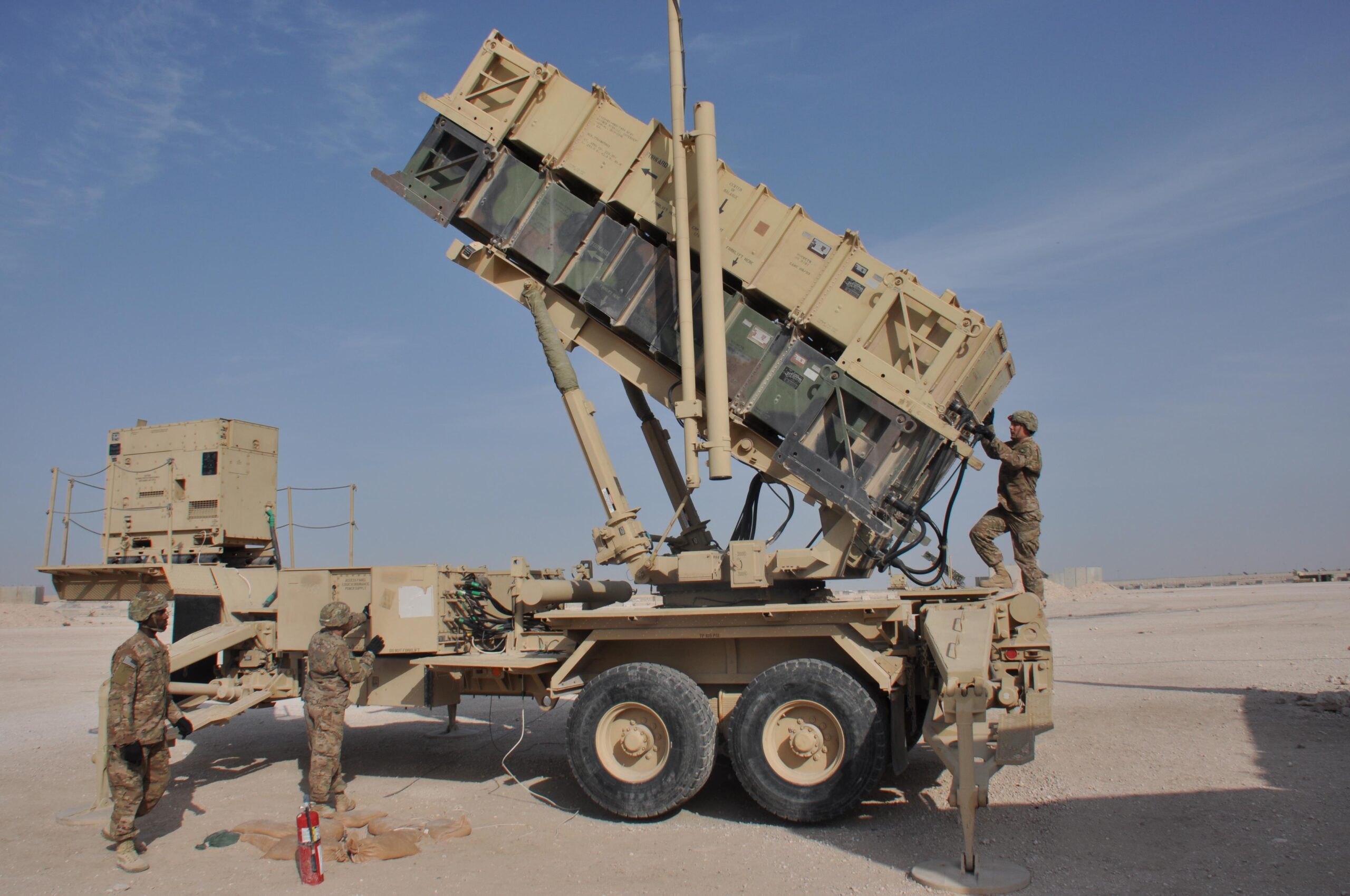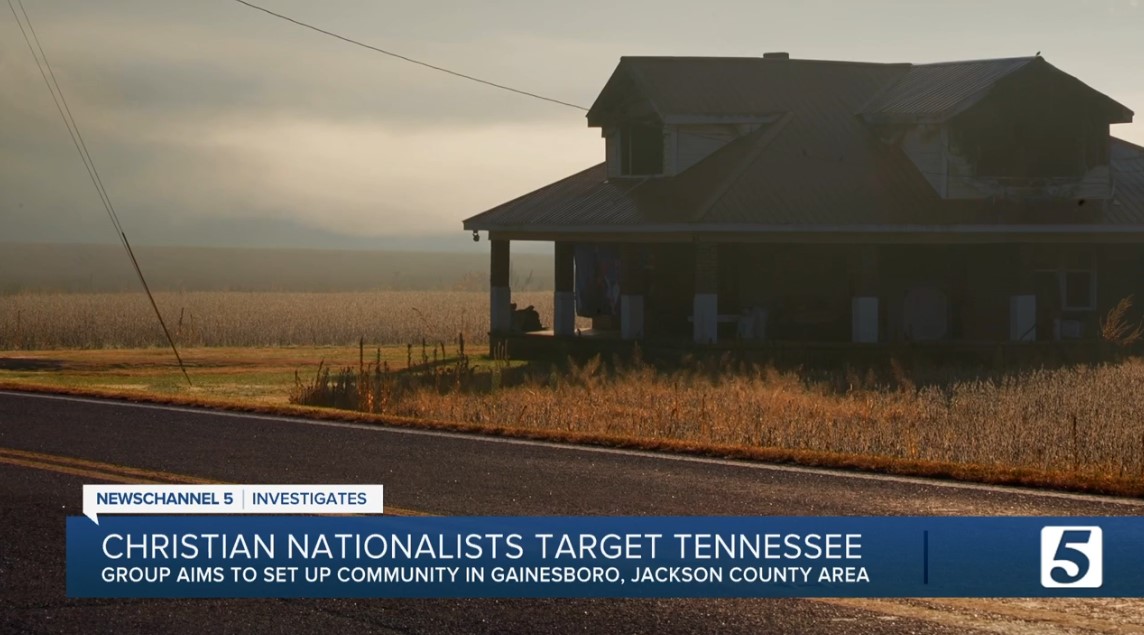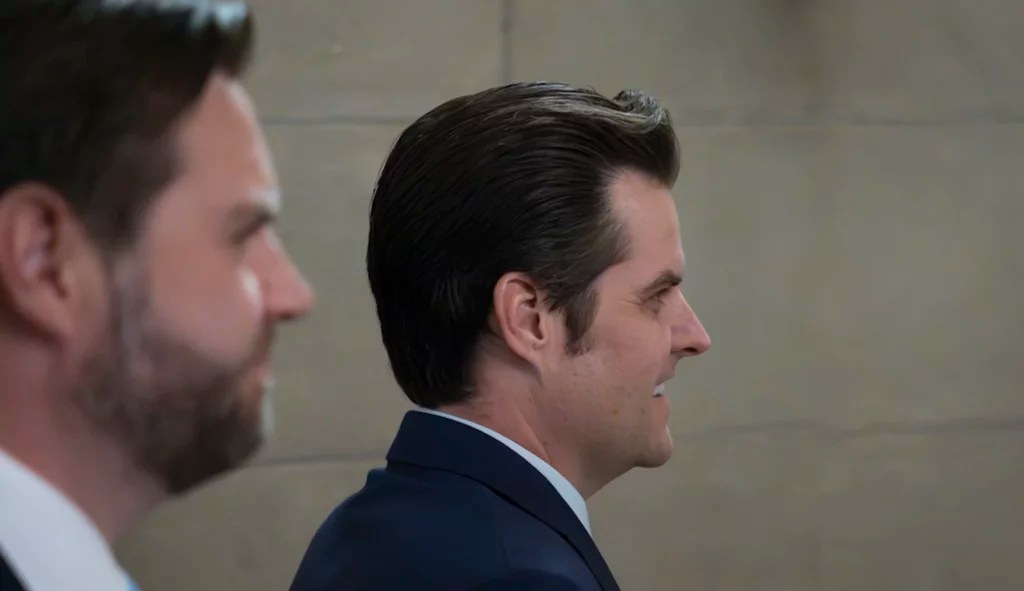We Need To Talk About What Didn’t Happen On Election Day
A number of noteworthy things did not happen on Election Day 2022. Everyone knows the red wave didn’t happen. But that isn’t all that didn’t happen.
The chaos at the polls that was going to be caused by the presence of citizen poll watchers did not happen. Despite being hysterically predicted (hoped for?) over the past 18 months by reporters who wrote the same story with some version of the same headline again and again and again — “Election Officials Brace For Throngs of Poll Watchers, Fearing Disruption and Chaos” — or some variation on that theme.
Every story breathlessly claimed that having citizen observers engaged in the election process was a “threat to democracy,” with NBC News warning in early November, “Election officials are bracing for conspiracy-fueled threats — while still hoping for the best…”
The Biden administration did its part to sow seeds of dissension by launching in June 2021 a national hotline at the FBI for reporting “threats to election officials and workers,” creating a task force to address “threats against election workers.” But nary a word from Attorney General Merrick Garland about protecting poll watchers, even though federal law makes it a crime to injure, intimidate, or interfere with poll watchers.
Every training conducted by those of us doing such training included instruction about behavior, and that they must be “Peaceful. Lawful. Honest.” Yet, without evidence, the closer we got to Election Day, the more hysterical the headlines became, warning of violence at the polls resulting from too many observers watching the process.
It didn’t happen. There was no violence, and the citizen observers did what they had been trained to do: watch, observe, document, and report. These citizen volunteers fulfilled an important statutory role of transparency in the election process, a fundamental component of the election codes of virtually every state. Not holding my breath that any reporters and news outlets who attacked these volunteers will ever apologize.
Some other things didn’t happen in the midterms, like transparency in verifying the identity of voters casting absentee ballots. No one outside the election officials themselves can confirm that verification even happened, or how well it was done. Factors such as proof of identity, U.S. citizenship, residence, and eligibility to vote are basically unknown because the process takes place almost entirely in secret.
The election systems and laws built over the last part of the 20th century envisioned an important role of citizen observation of the election process at polling places and in precincts. Virtually every state election code is premised upon the notion that the political parties will each appoint observers and designate election workers who will watch each other and serve as the voters’ eyes and ears.
However, as states have moved to voting by mail, that presumed transparency, oversight, and supervision are eliminated. Most states, including Nevada, Arizona, Pennsylvania, and North Carolina (not to mention the all-mail voting states like Oregon and Washington), conduct voter verification procedures completely behind closed doors,
" Conservative News Daily does not always share or support the views and opinions expressed here; they are just those of the writer."





Now loading...